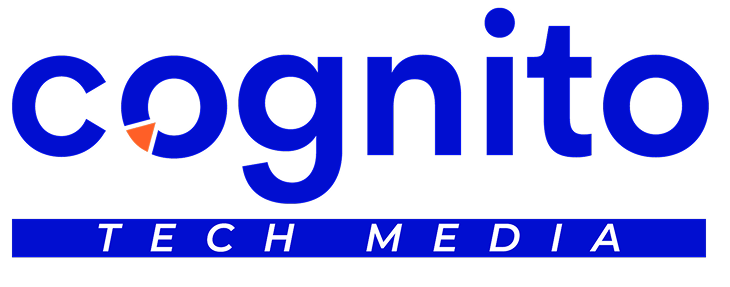In today’s ever-crowded app market, standing out requires more than just a great idea. Before you invest significant time and resources into developing your mobile app, conducting thorough market research is crucial for its success.
This guide will delve into the importance of market research for mobile app development, explore different research methodologies, and explain how to leverage your findings to create an app that thrives.
Why Market Research Matters
Imagine spending months crafting a beautiful, feature-rich app, only to discover upon launch that it fails to resonate with your target audience. This scenario, unfortunately, plays out all too often for businesses that skip market research.
Here’s why market research is essential:
- Validates Your Idea: Does your app solve a genuine problem or address a specific need? Market research helps you understand user pain points and preferences, ensuring your app caters to a real market demand.
- Identifies Your Target Audience: Who are you building this app for? Market research helps you define your ideal user demographics, interests, and behaviors. This allows you to tailor your app’s design, features, and marketing strategy for maximum impact.
- Uncovers Existing Solutions: What apps are already out there? Market research helps you analyze existing competitors, their strengths and weaknesses, and identify potential gaps in the market your app can fill.
- Informs App Development: Market research provides valuable insights that can shape your app’s development process. You can prioritize features users value most, optimize user experience, and ensure your app aligns with current market trends.
- Reduces Development Risks: By understanding the market landscape, you can anticipate potential challenges and make informed decisions that minimize development risks and maximize your return on investment (ROI).
Essential Market Research Methodologies
There’s no one-size-fits-all approach to market research. The best method depends on your specific goals and resources. Here are some popular options:
- Surveys: Online surveys are a cost-effective way to gather data from a large pool of potential users. Surveys can be used to gauge interest in your app concept, gather user demographics, and solicit feedback on existing app features.
- Interviews: Conducting in-depth interviews with potential users allows for a more nuanced understanding of their needs and motivations. This method is ideal for exploring user pain points and gathering detailed feedback on app prototypes.
- Focus Groups: Bringing together a small group of target users for a moderated discussion can generate valuable insights about user behavior, preferences, and potential app features.
- Competitive Analysis: Researching existing apps in your target market helps you understand their strengths and weaknesses. This allows you to identify opportunities to differentiate your app and offer a unique value proposition.
- Market Reports and Industry Trends: Industry reports and trend analyses provide valuable insights into the overall mobile app market landscape, user behavior trends, and emerging technologies.
Leveraging Market Research Findings for Success
Once you’ve conducted your research and have a wealth of data, it’s time to translate those findings into actionable insights for your app development process:
- Refine Your App Concept: Use your research to refine your app concept, ensuring it addresses a validated market need and caters to your target audience’s specific preferences.
- Prioritize Features: Focus on developing features that users find most valuable based on your research findings.
- Optimize User Experience (UX): Use research insights to inform your app’s design and functionality, ensuring a user-friendly and intuitive experience.
- Develop a Winning Marketing Strategy: Leverage your understanding of your target audience to craft a targeted marketing strategy that resonates with potential users.
By prioritizing market research and strategically applying its findings, you can set your mobile app on the path to success. Remember, the mobile app market is dynamic, so ongoing research throughout the development process can help you stay ahead of the curve and ensure your app remains relevant and valuable to users.


